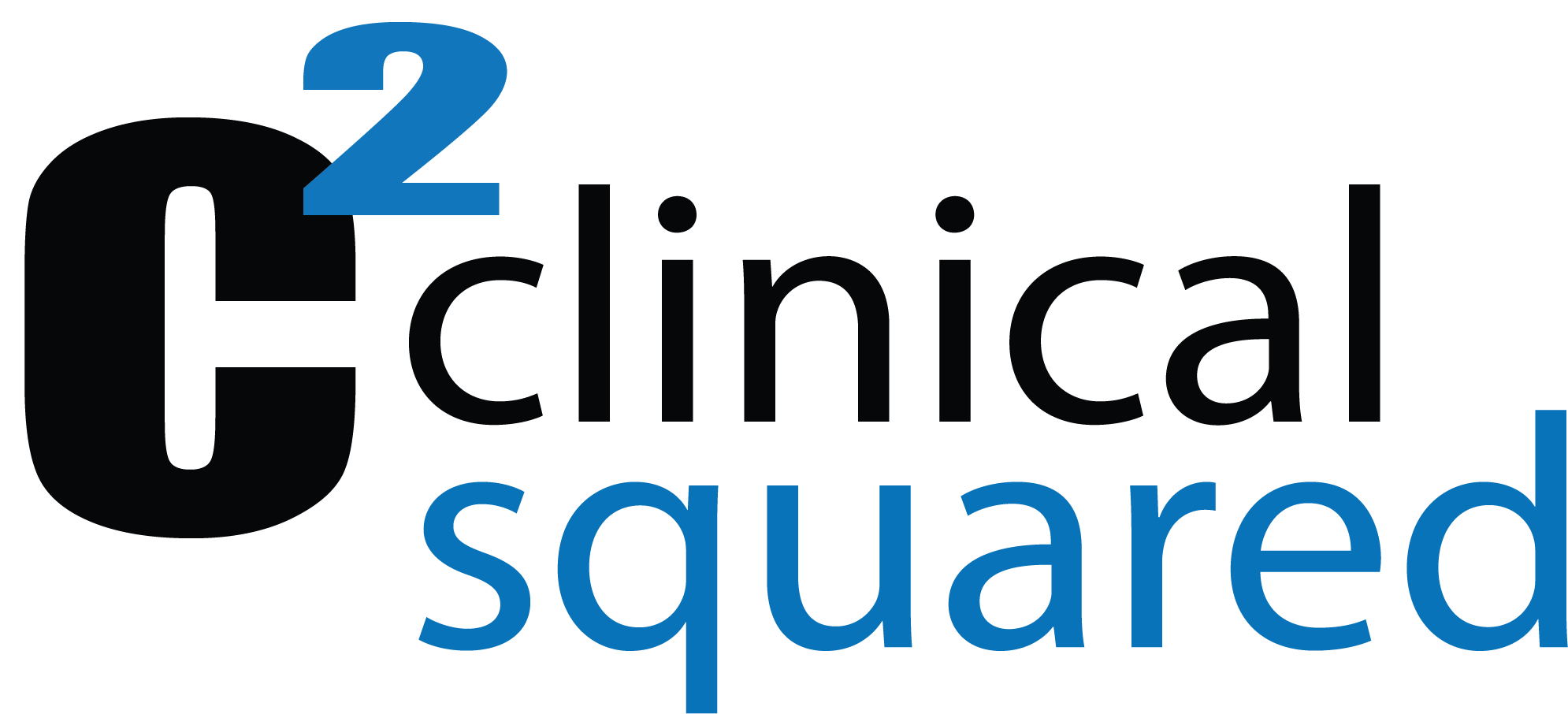
Bryant Nielson | May 10, 2023
The Workforce Revolution has begun
Blockchain technology is considered to be one of the most revolutionary technologies of our time, following the success of Bitcoin. It is a decentralized, secure, and reliable system for recording transactions that makes it hard to hack and modify. Some fear that this technology may replace jobs. The truth is that it will revolutionize industries and create new job opportunities. In this article, we will discuss the various industries in the process of blockchain disruption and revolution by technology implimentation.
Financial Sector:
The financial sector is the primary industry to be influenced by blockchain technology. Blockchain can simplify financial transactions by making them transparent, faster, and more secure. This results in easier tracking of transactions and a more dependable system than current ones. It can also help avoid counterfeits and keep a record of big investments such as precious stones or gold. Starting in 2022, the bank is estimated to save about $20 billion per year in infrastructure costs.
Supply Chain Sector:
The transparent and trackable nature of blockchain transactions makes it a perfect fit for revolutionizing the supply chain sector. It will become easier to track bad actors who are causing issues in the supply chain sector through blockchain. As an example, the transportation of goods that causes fresh produce to rot in a supermarket, is easily trace to the root cause and culprit. The production and distribution chain records the whole process, making it easier to analyze and find fraud, as well as identify credible sources required for conducting business.
Legal Sector:
Blockchain technology can resolve issues related to storing important legal documents, such as inheritance or verification of wills. The documents stored on the blockchain are safe from modifications, which in turn would make it easier to authenticate and store. Lawyers certified in understanding blockchain techology, smart contracts, and the regulatory landscape are vital to web3 implimentation.
Voting Sector:
The secure, transparent, and verifiable nature of blockchain can eradicate the rigging issue in the voting sector for good and will save time by eliminating vote recounting.
Healthcare Sector:
Even the healthcare sector can benefit from blockchain technology, from storing a patient’s medical history to avoiding counterfeit medication. The decentralized nature of blockchain makes it reliable to store a person’s medical history, making it easier to retrieve records and ensure security. Pharmacies can utilize the supply chain benefit of blockchain to avoid counterfeit medications and make operations even more secure and smoother. Administrative healthcare professionals that currently understand the benefits, usecases and application providers set the stage for massive improvements in the healthcare sector.
Government Sector:
Blockchain can revolutionize the government sector by making voting, notary services, and asset registration quicker and more secure through its decentralized, transparent, and fast nature. Dubai has already adopted blockchain to revolutionize its governmental activities.
Moreover, blockchain technology is also expected to revolutionize other notable sectors, including real estate, cloud storage, entertainment, and crypto exchanges. Therefore, embracing blockchain technology is crucial to maximizing its potential to transform the world as we know it. To learn more about the government role and impact on blockchain technology adoption join the Government Blockchain Assocaition.
